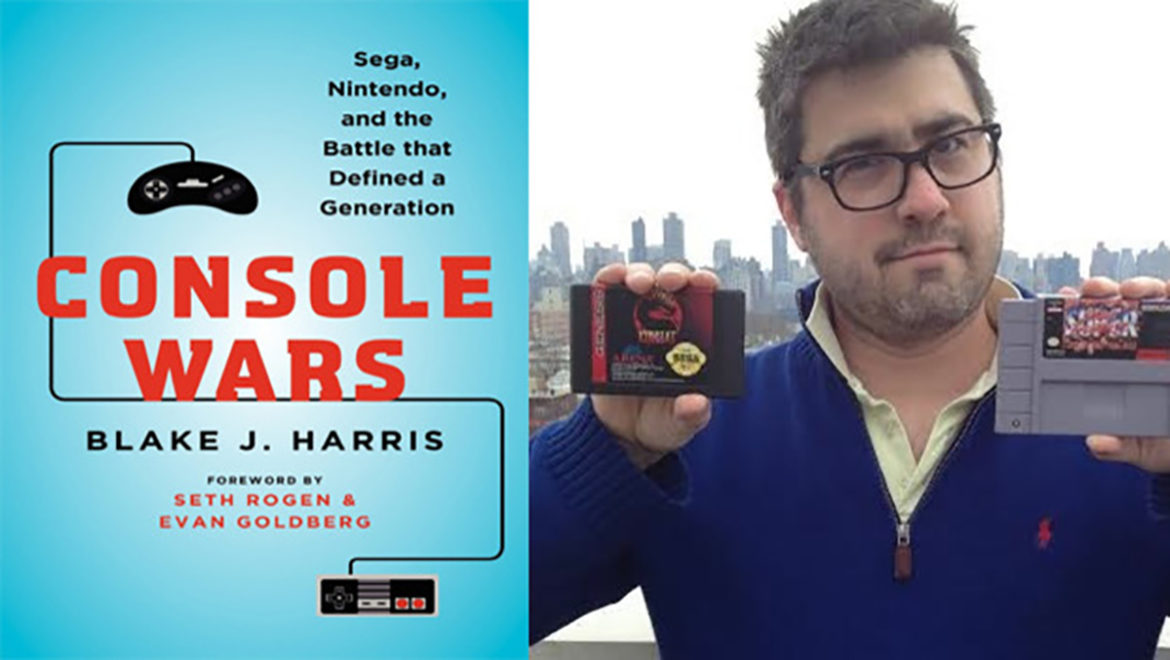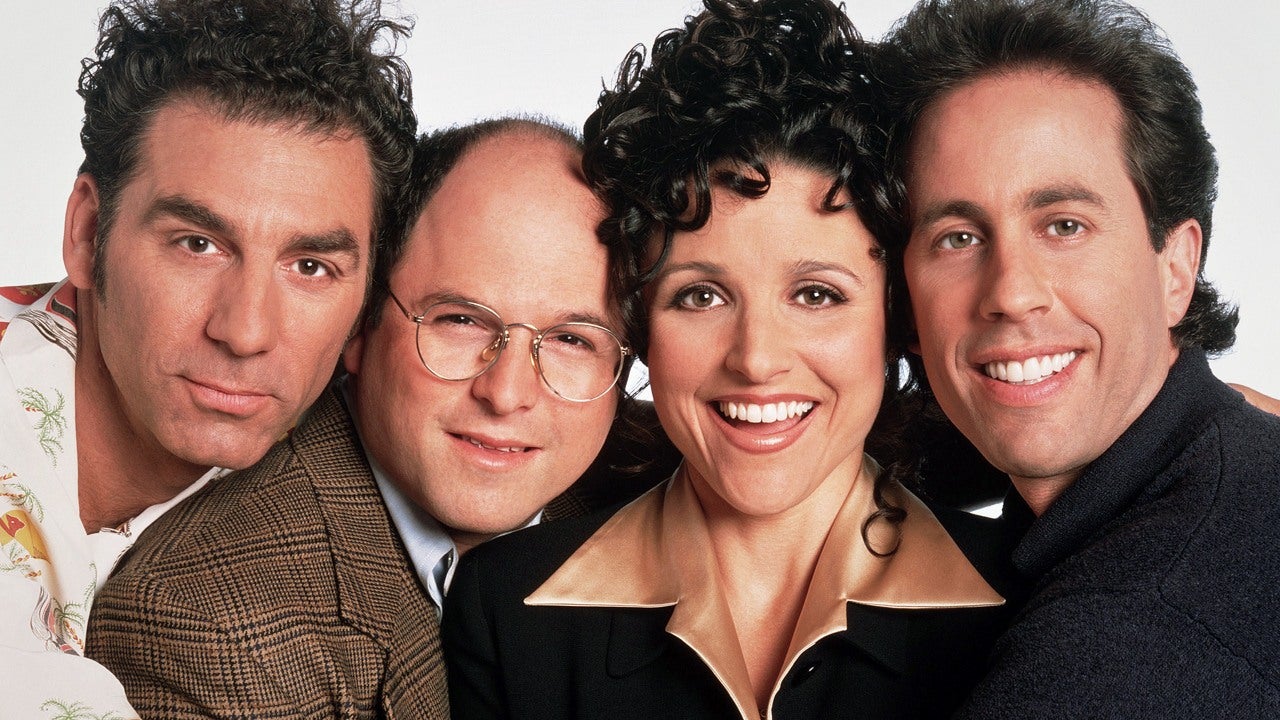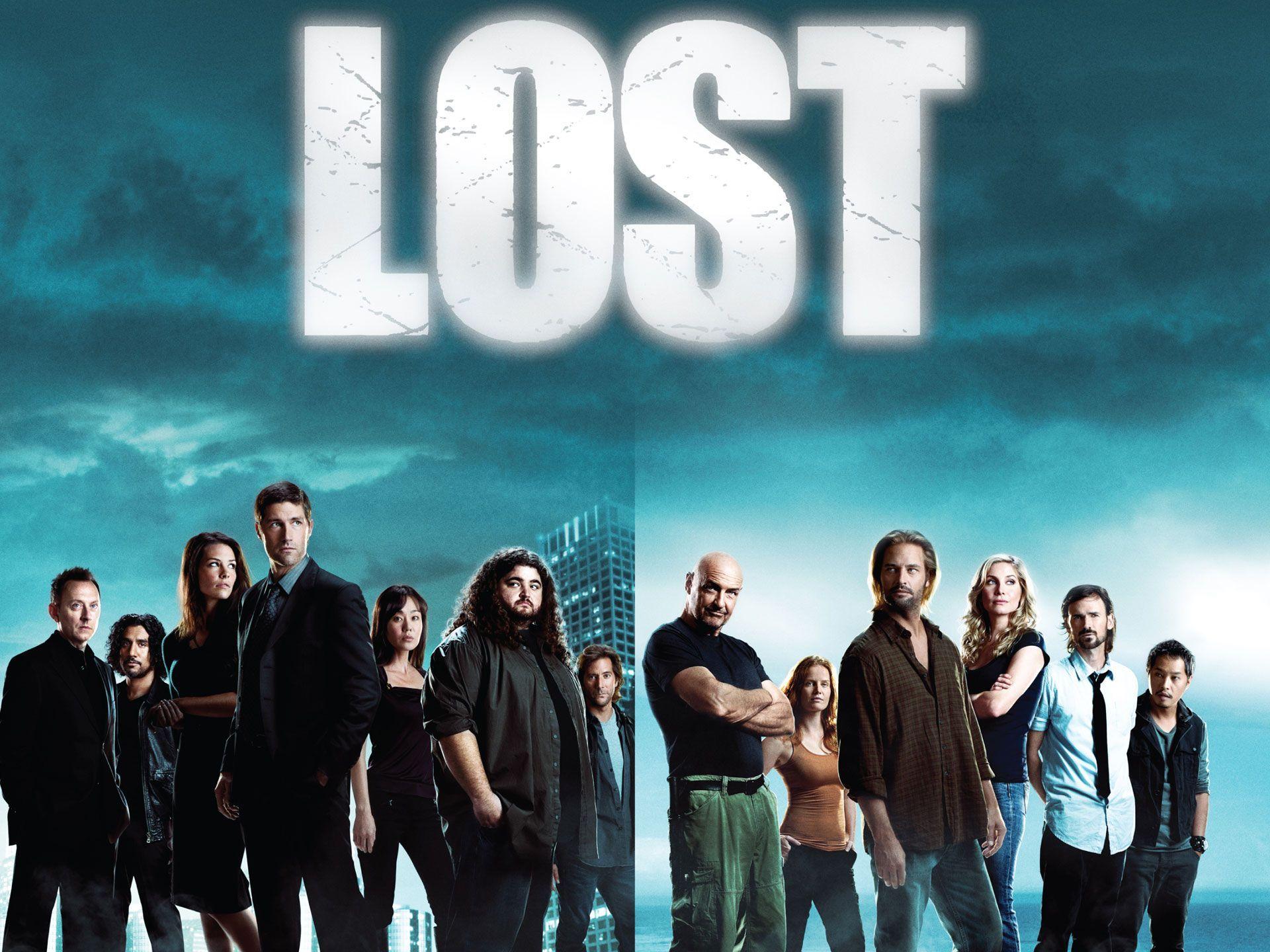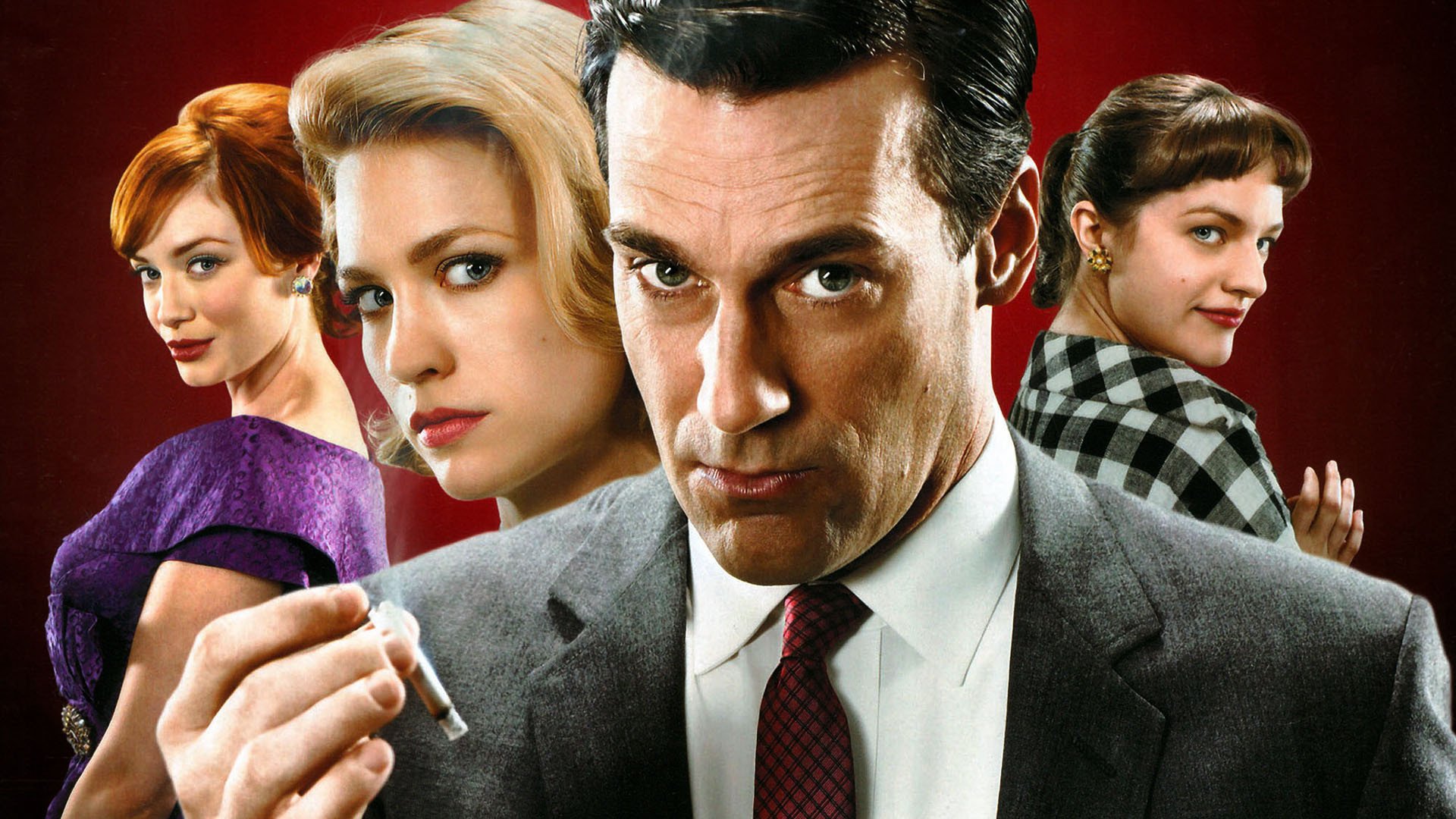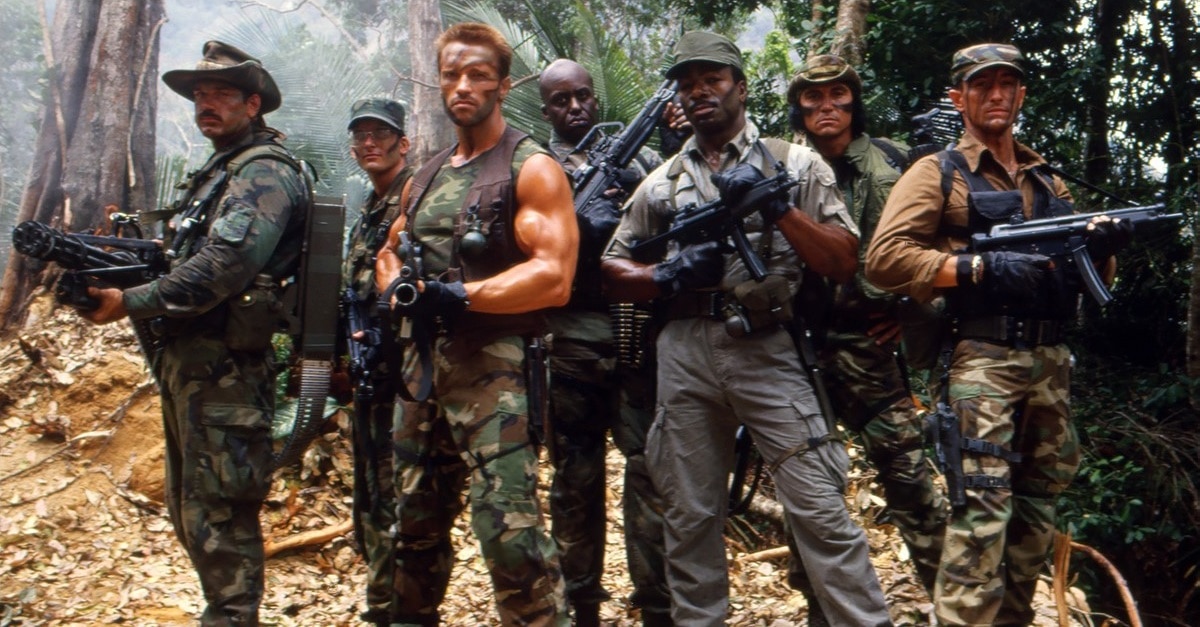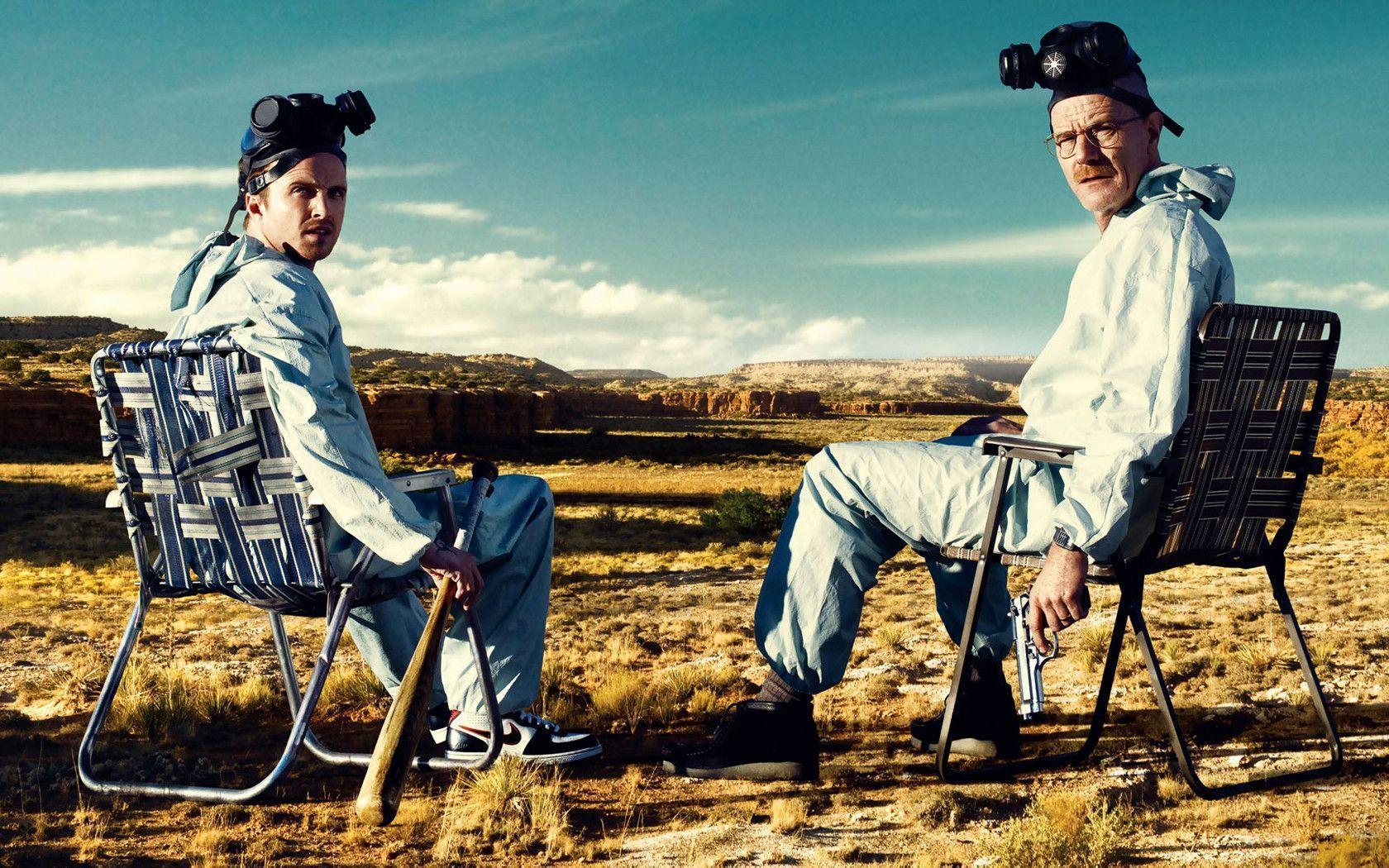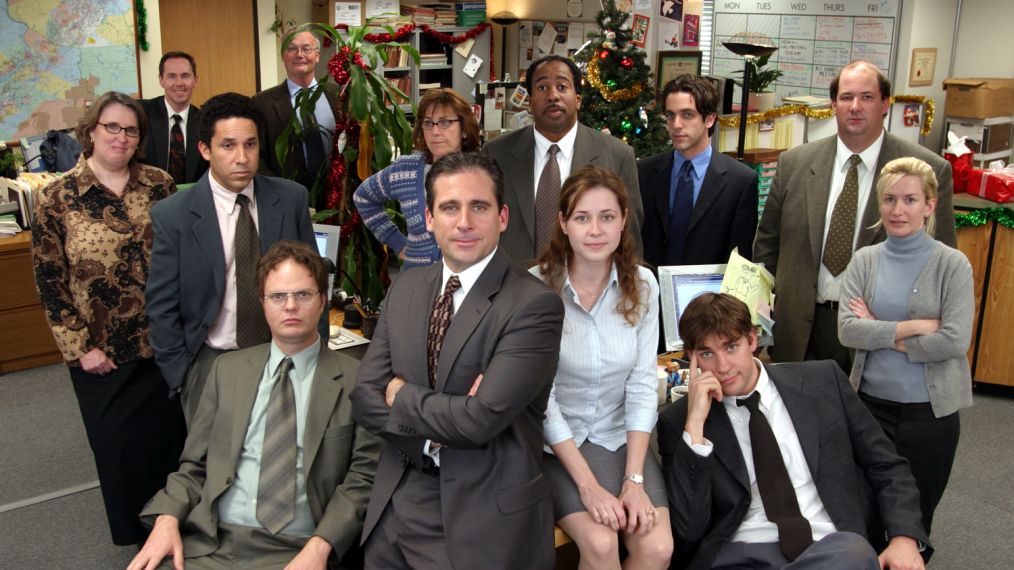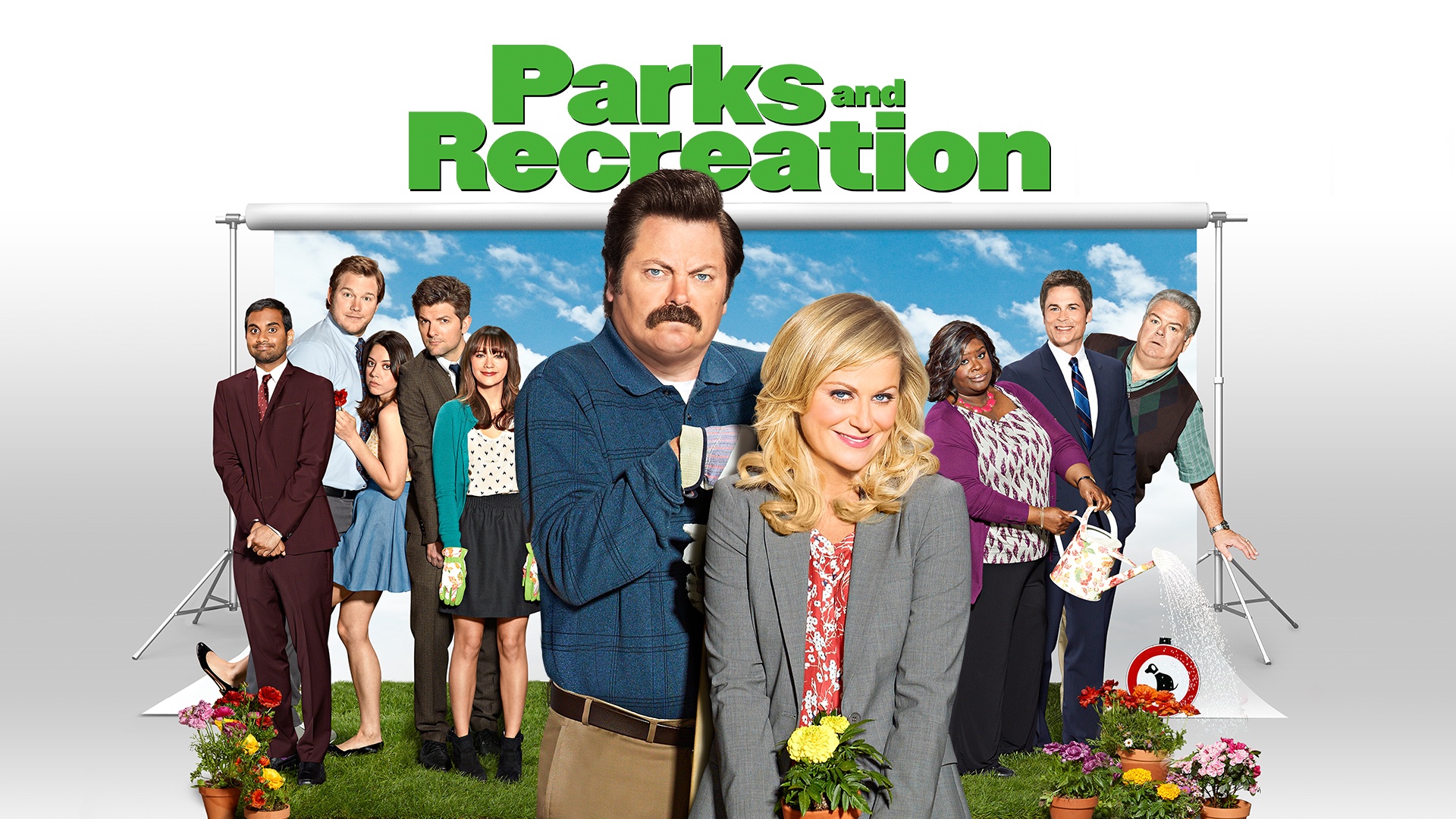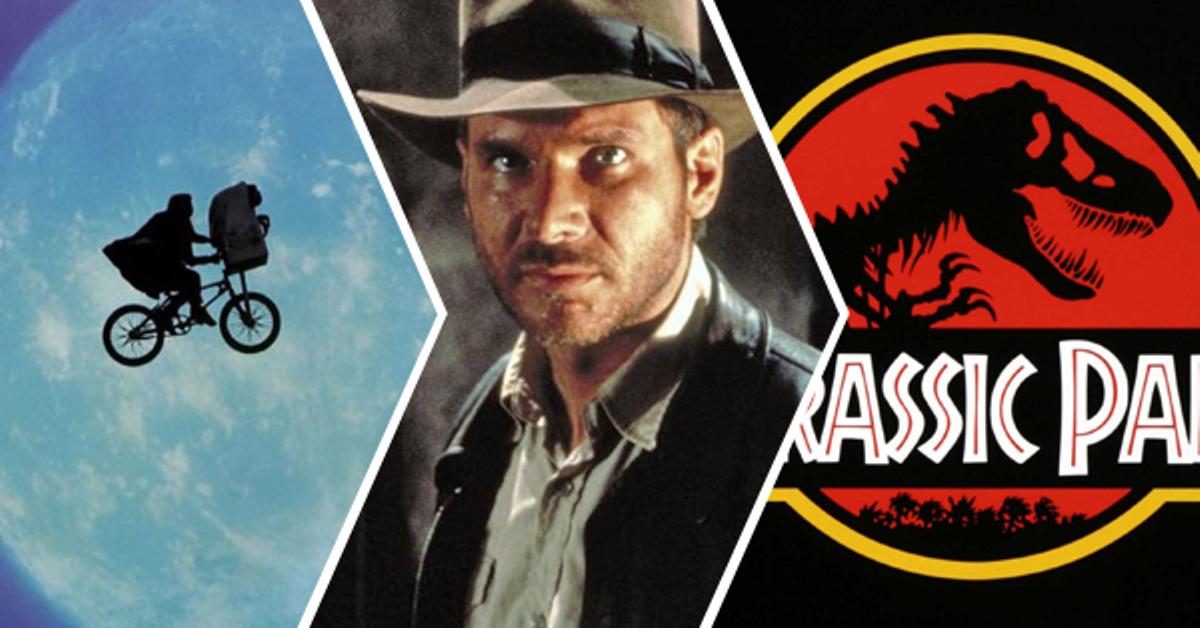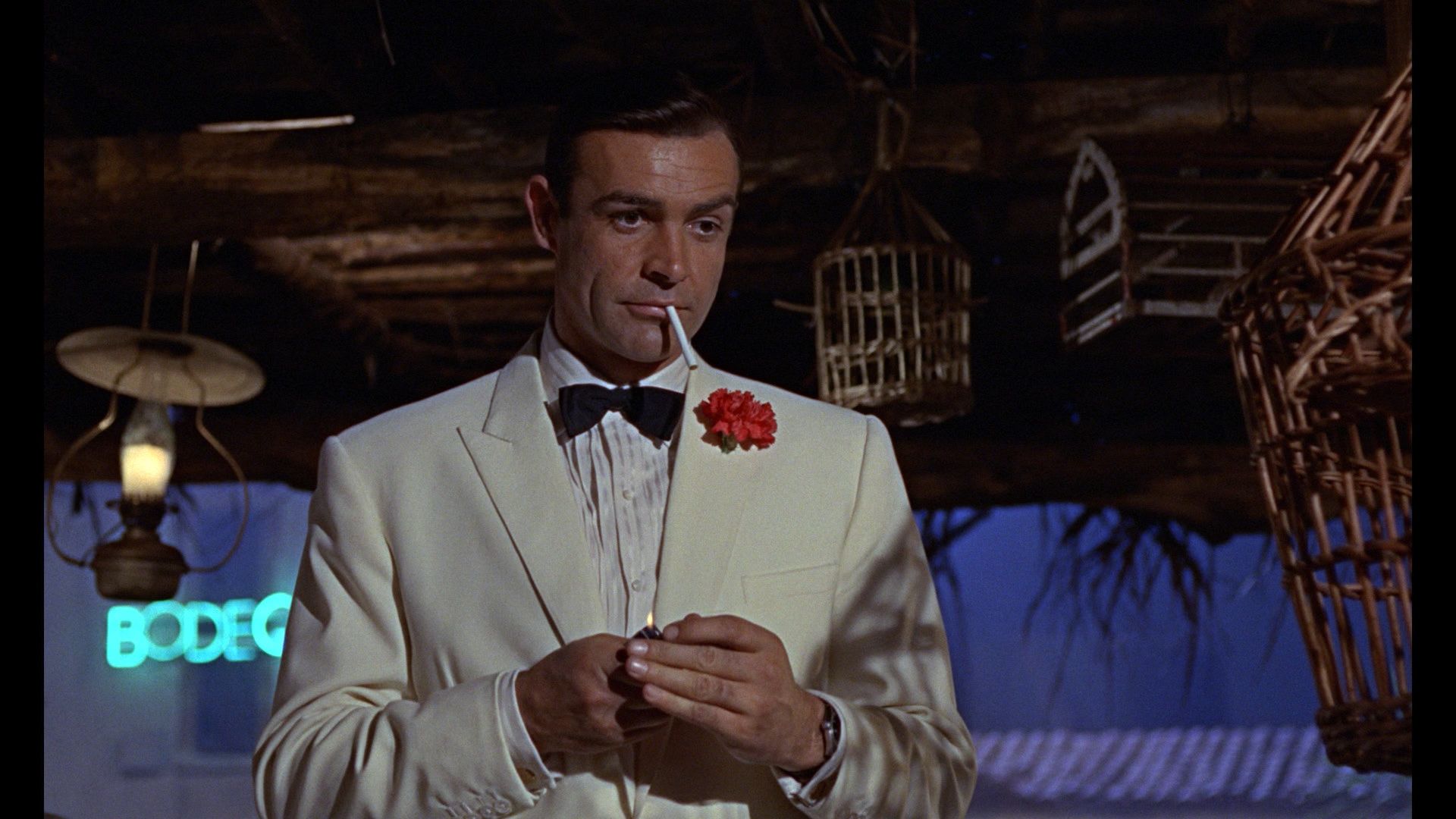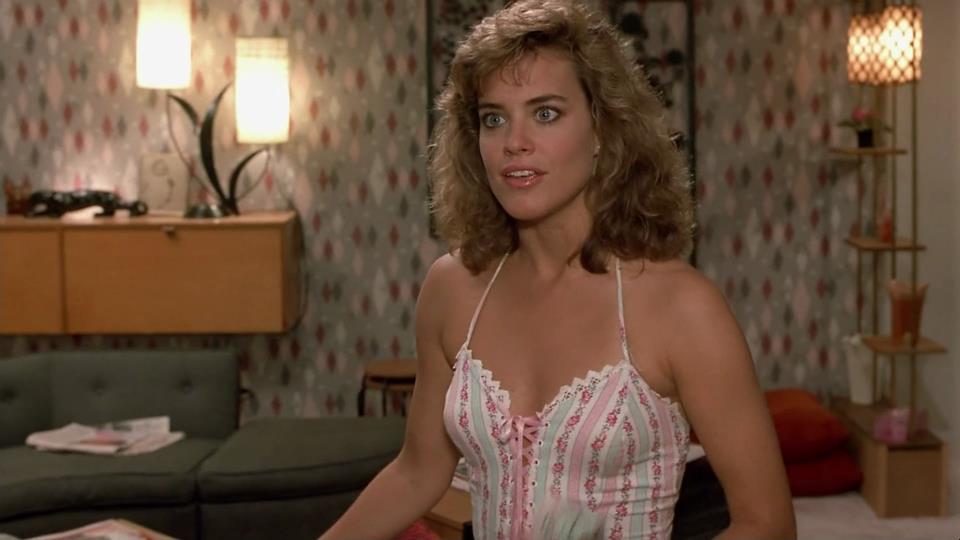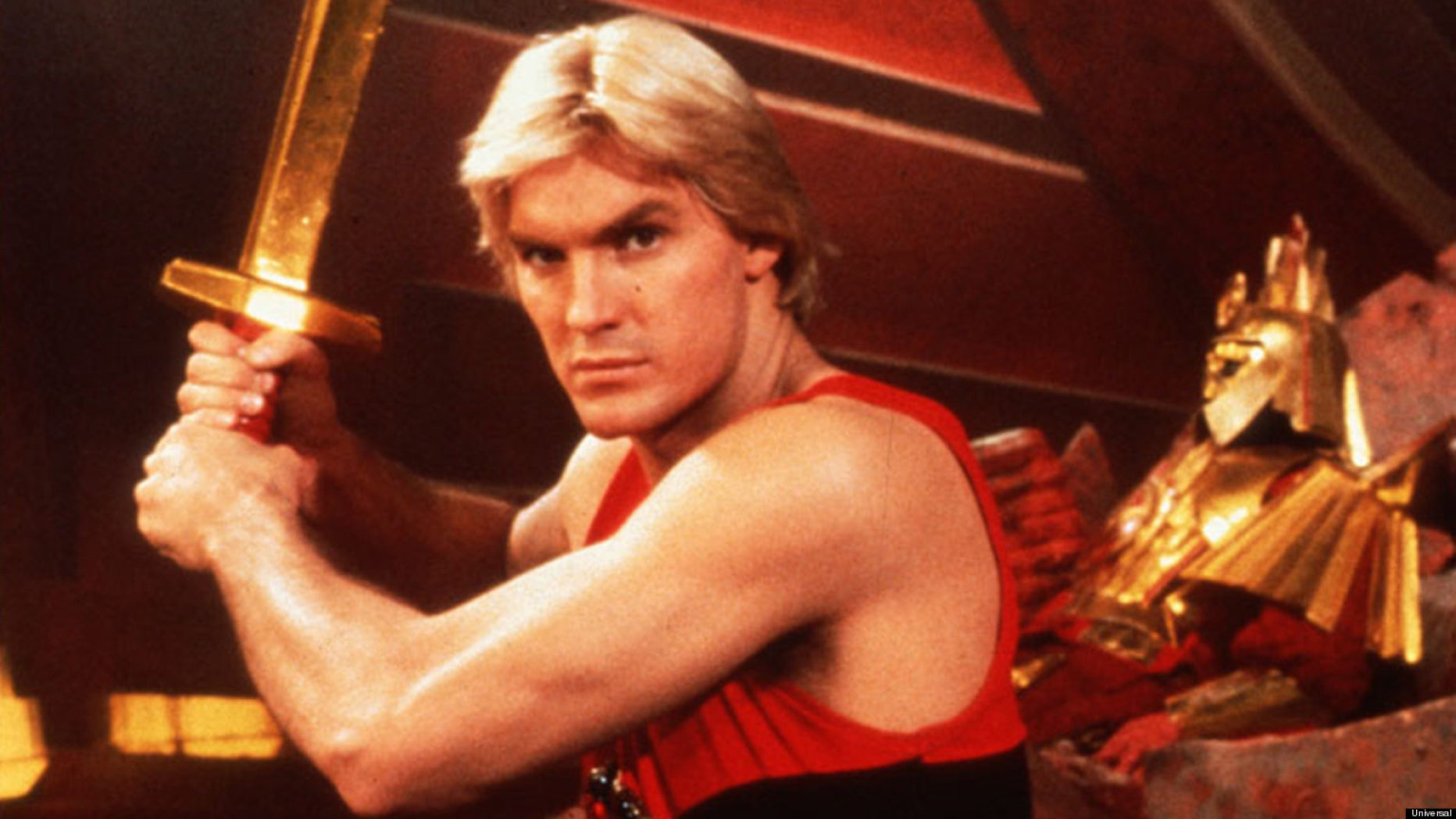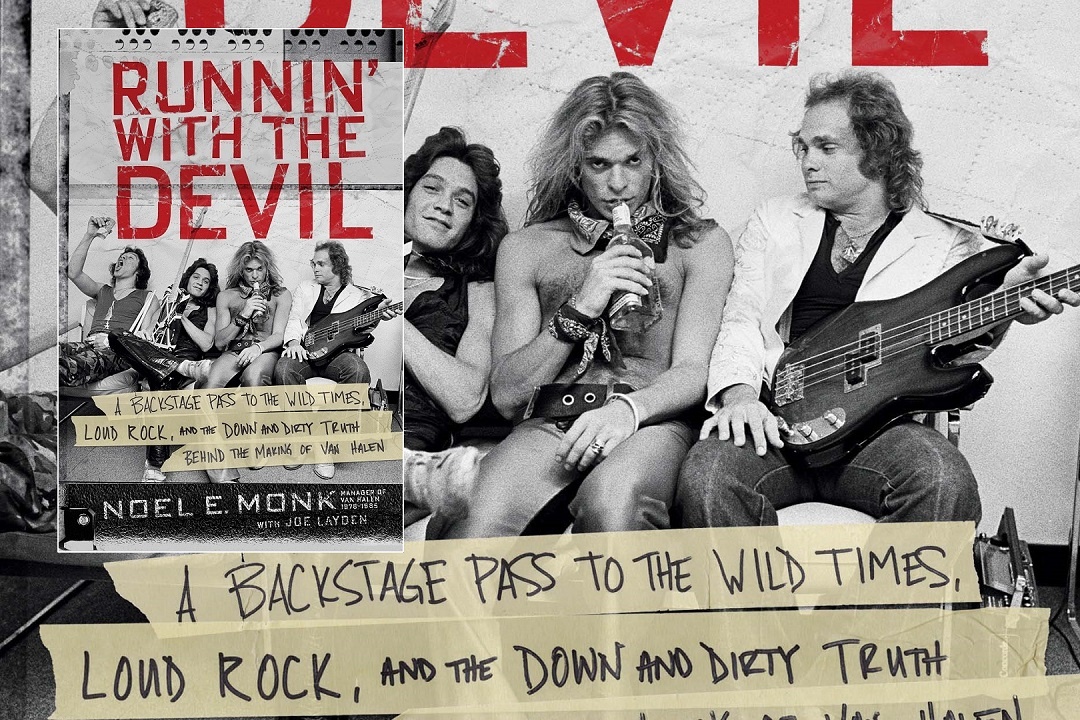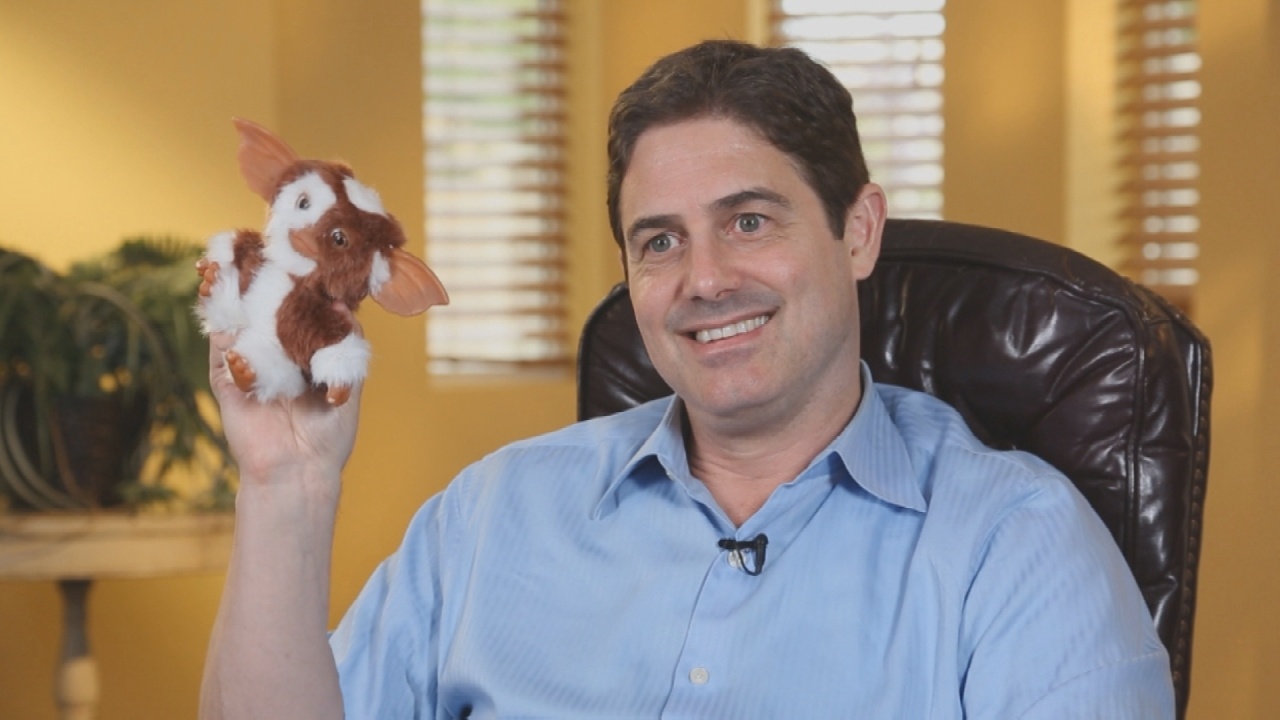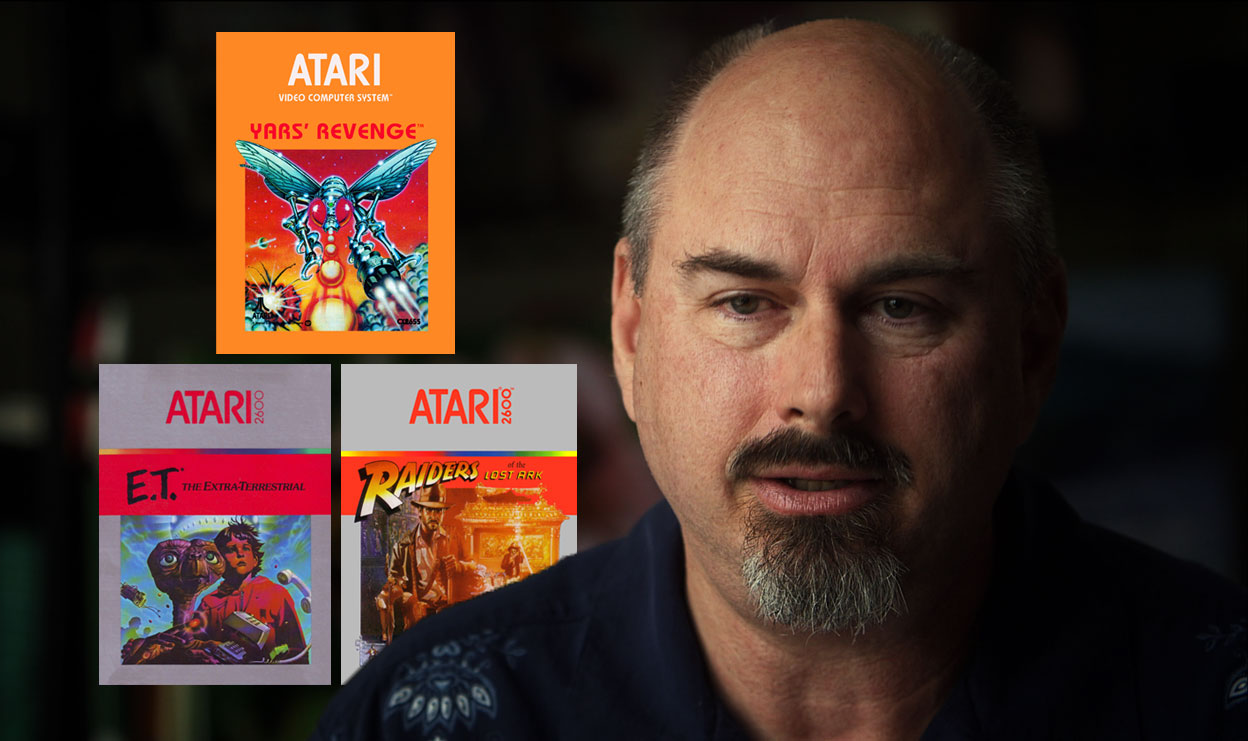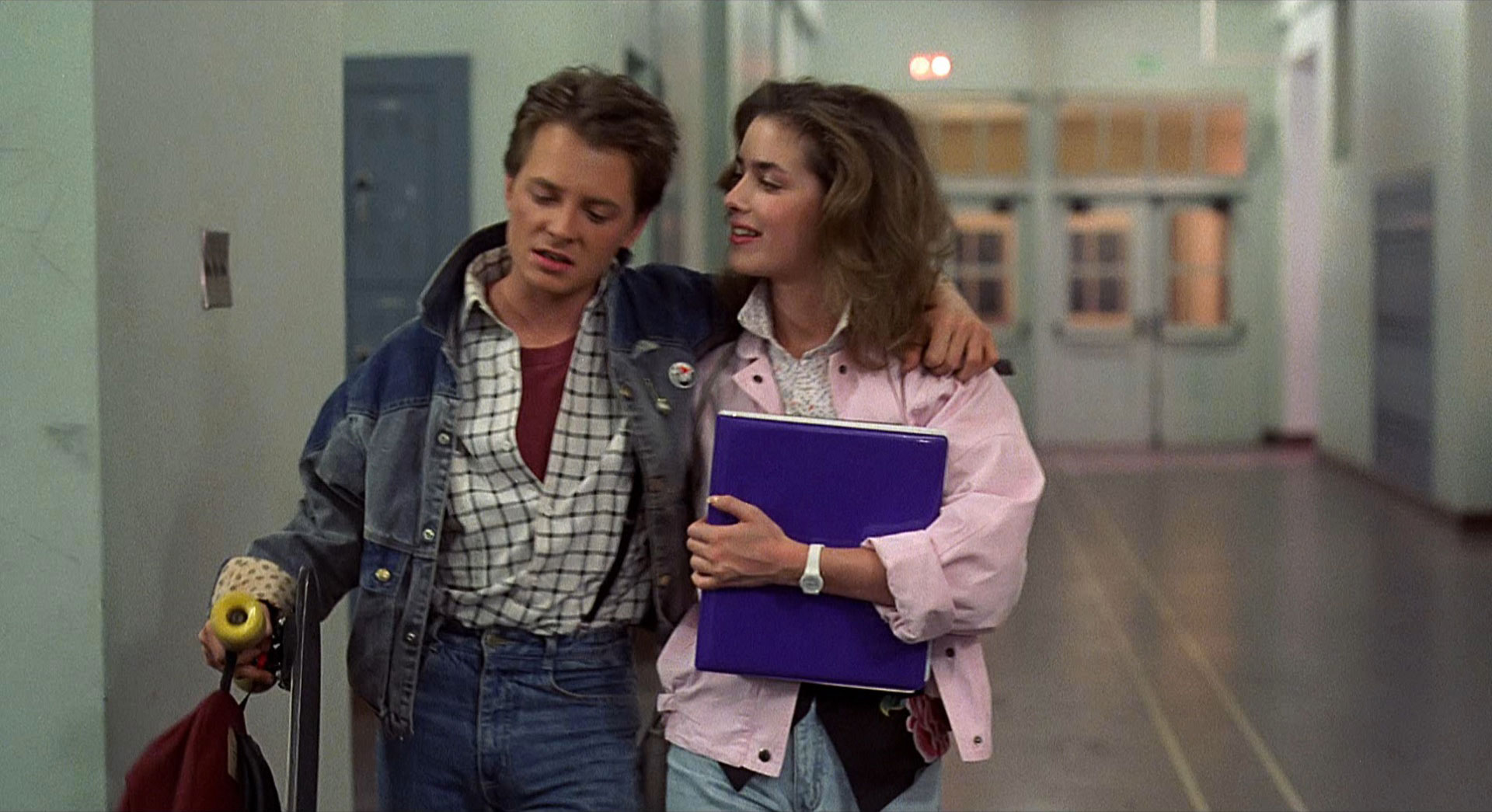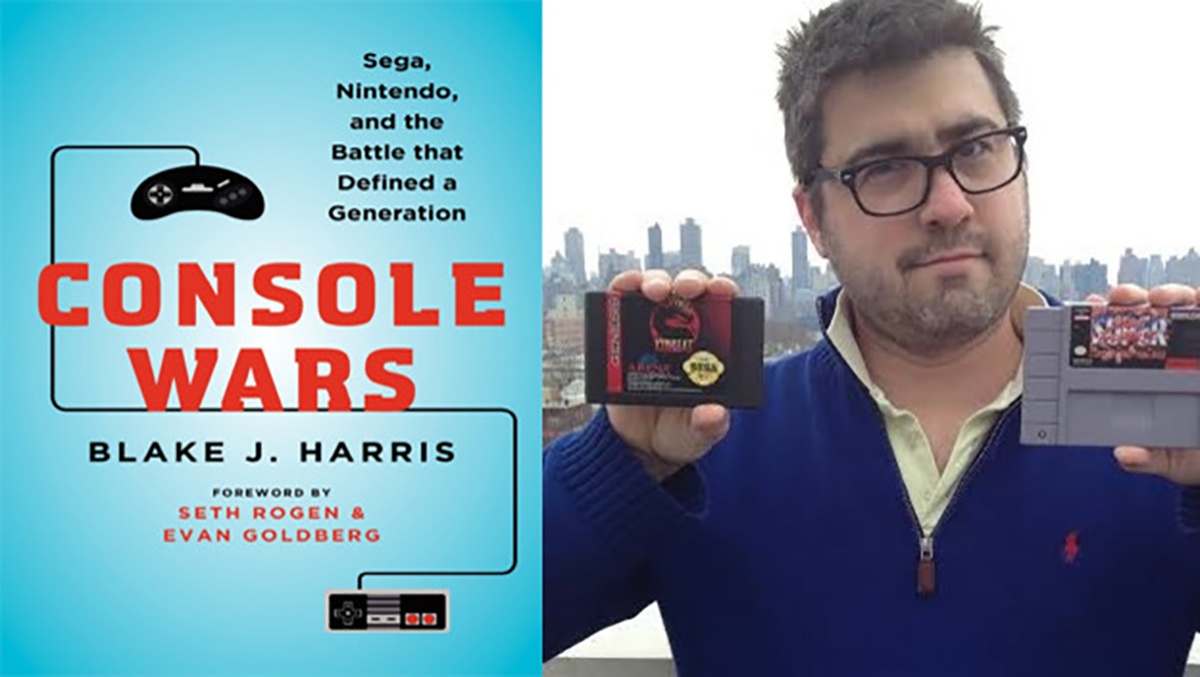Nintendo, Sega and the Battle that Defined a Generation.
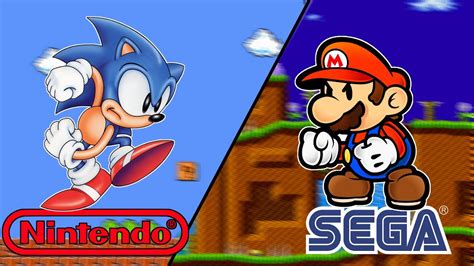
In 1990 Nintendo had a virtual monopoly on the video game industry. Sega, on the other hand, was a faltering arcade company with big aspirations and even bigger personalities.
But that would all change with the arrival of Tom Kalinske, a man who knew nothing about video games and everything about fighting uphill battles. His unconventional tactics, combined with the blood, sweat and bold ideas of his renegade employees, transformed Sega and eventually led to a ruthless David-and-Goliath showdown with rival Nintendo.
Blake J. Harris tells an epic tale in his best selling book Console Wars.
Blake was kind enough to do an interview with us.
1. Console Wars has been well received. Can you tell us what was your inspiration for writing it?
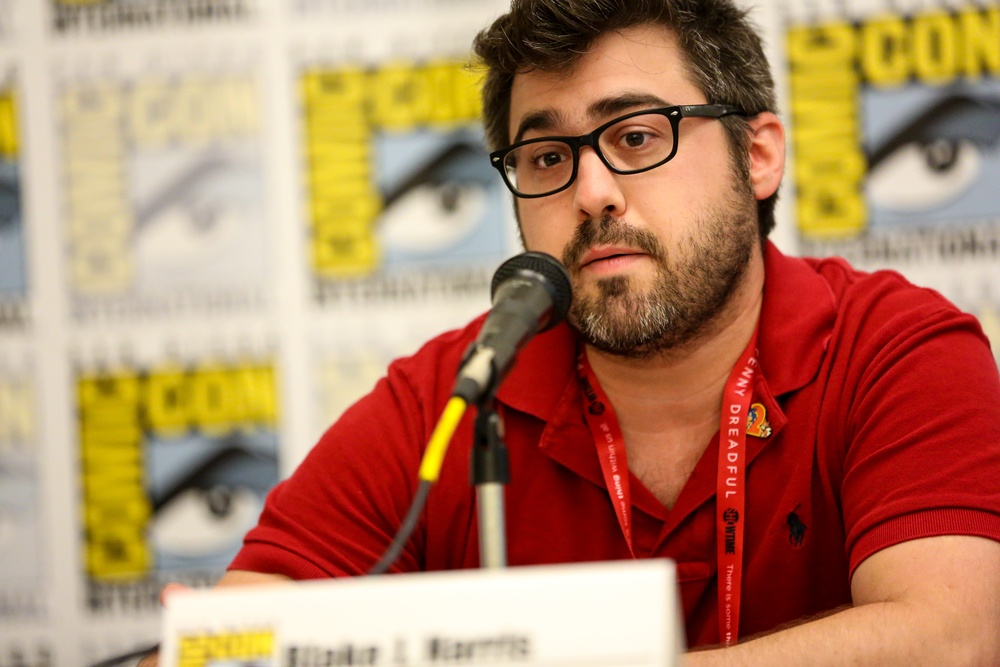
BH: I grew up in the heyday of the Sega Nintendo battle.
As a kid, I participated in the quote unquote, “console wars”. A big part of my social life was defined by playing Sega or Nintendo or Super Nintendo.
Flash forward about 20 years or so, and in terms of the inspiration for the actual book, it was a couple of things, but really what set everything into motion was my brother got me a Sega Genesis for my birthday in December 2010. That really brought back a lot of memories.
Before I ever wrote Console Wars, I honestly just wanted to read a book like Console Wars. After a trip to the Barnes and Noble here in New York, of one of the big flagship stores on 86th Street, they had two floors and it didn’t have a single book on video games in the entire store. That really got me interested in maybe writing something like this.
Everything really crystallized for me after my first interview with Tom Kalinske when I realized that there was interesting pieces of information related to Sega but there was a great personal story. Within that story, there was a lot of other interesting personal stories and cultural stories.
2. Were you a fan of the NES or Sega Genesis?
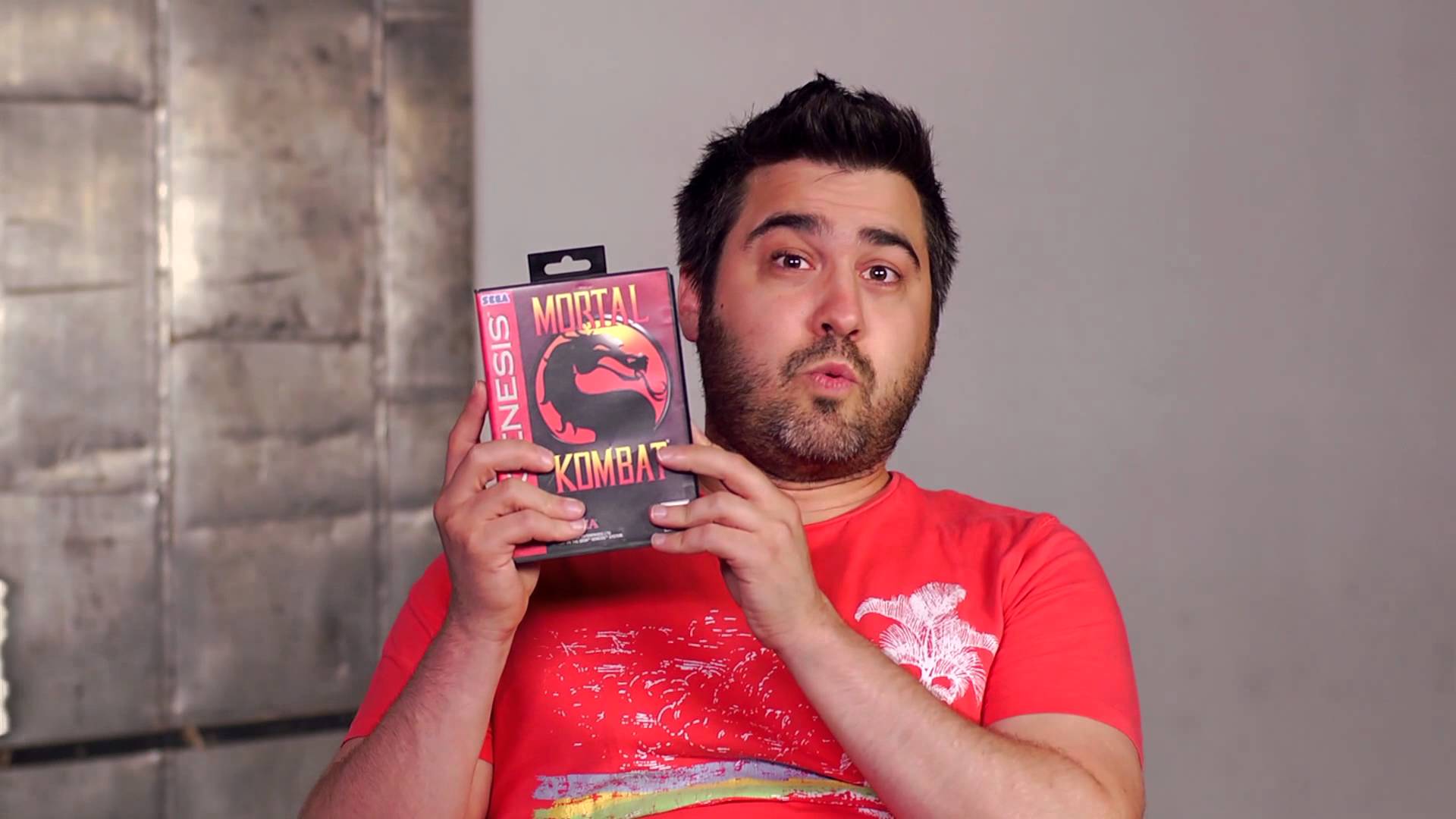
BH: That’s a good question.
In the eight bit era, my brother and I, we had an eight bit NES, like one in three households in America. It wasn’t really a competition with Sega, it was either just a matter of you had it or you didn’t.
Like all kids that loved the NES, my brother and I desperately wanted to get a Super Nintendo. I remember when we asked my father if we could get that for Hanukkah or Christmas .
Whatever the case, my parents just objected in principle to the Super Nintendo. That’s indicative of what was going on with Nintendo at that time, in the sense that a lot of parents who were the gatekeepers to these purchases, were upset that Nintendo, that the Super Nintendo, wasn’t backwardly compatible.
It really did change my childhood because of this business decision. I was definitely on King Sega during the console wars described in the book, but not because I initially wanted to be, but because my parents would not let us get a Super Nintendo.
3. Can you tell us how Tom Kalinske got involved in the project?
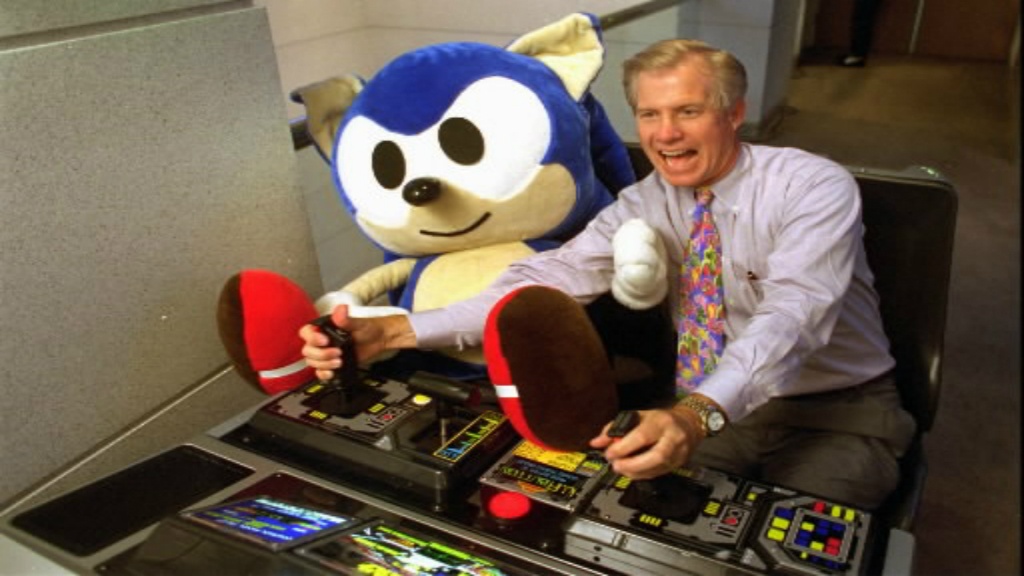
BH: I started doing some interviews with lower level people and started to learn what there was out there, other stories, so that I could speak credibly about it, I noticed that the only time that I saw anything quoted from Tom was in an IGN piece about the history of Sega, that was a long form piece.
I contacted the author I asked him if that was an original quote that he got from Tom, or if that was something that he had read somewhere. He said that he had interviewed Tom, and I asked if there was any way he would introduce me, and he did. That was really great.
I really deal a lot of credit to Tom for being willing to take the leap to speak with a guy with no credits and having read Console Wars, I’m sure it doesn’t shock you that Tom is willing to take risks on people that he sees some promise in, even if they don’t have the typical credentials.
After that phone call, Tom and I hit it off and we spoke a lot over the next few years.
Popular posts like this
4. How excited were you to work with Tom?
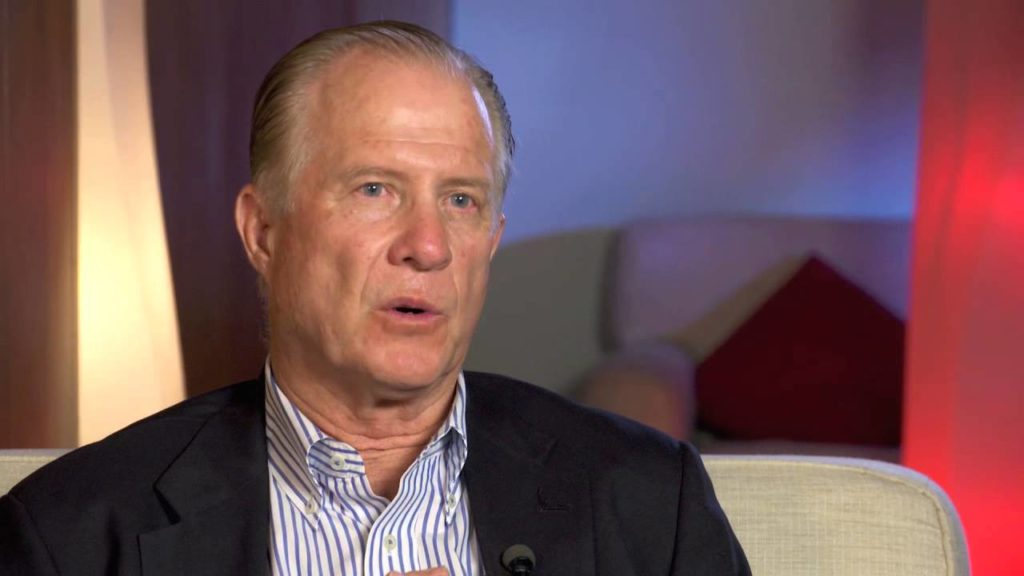
BH: The whole project was kind of a dream come true.
Unlike every other creative project I’ve worked on before, I’m used to going through periods where you love what you’re working on, you hate what you’re working on. Some days are good, some days are bad.
With Console Wars, it will sound kind of cheesy, but I sincerely had fun working on it every day for those three years and a large part of that was because of the people that I was speaking with, and the people that I was writing about. Tom Kalinske is a huge part of it.
Really, outside of my parents, he’s the adult who probably had the biggest impact on my childhood, based on everything he did with Mattel and Thompson and then with Sega. His influence made it really cool, and he’s also just an awesome guy to speak with.
5. What is your overall assessment of Tom’s tenure at Sega from a business standpoint?
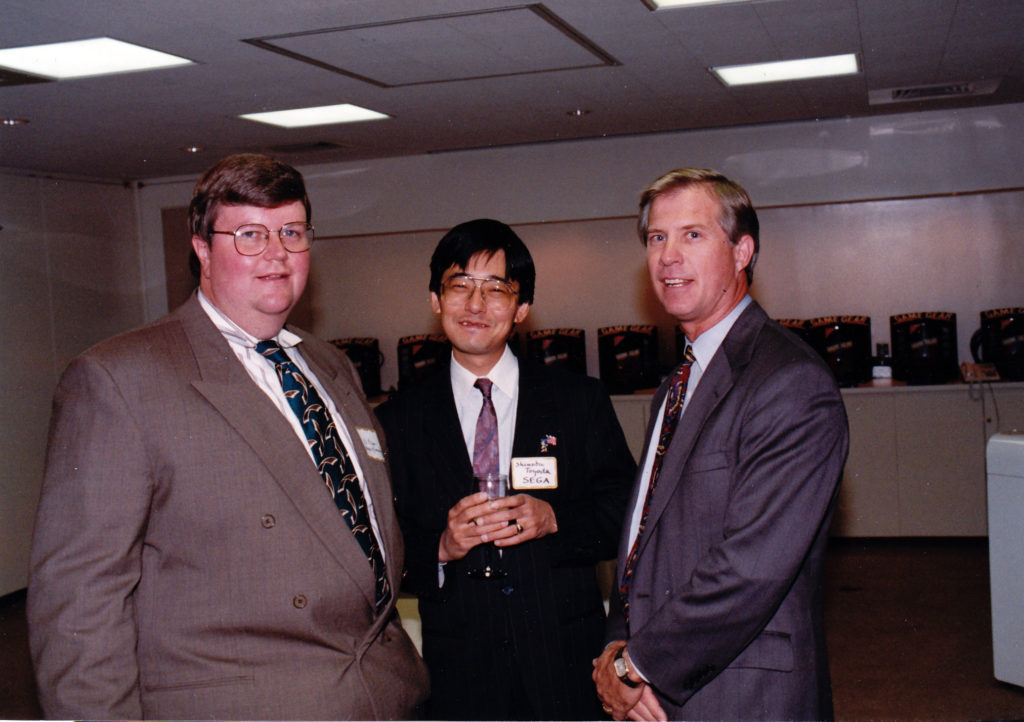
BH: I think statistically or financially, it’s easy to see the impact that Tom had at Sega.
Even if you were going to take a devil’s advocate argument, that Tom benefited from Sonic the Hedgehog, or he inherited talent there, if you look at the track record of his career, it’s pretty obvious that he has a knack for creating success out of nothing. He really does have that magic touch.
I interviewed over 200 people for the book, definitely at least 100 Sega employees, and almost every single one said that Tom was the best boss they ever worked for.
Tom had that great combination of actually being a good executive, and also a good leader. He really did inspire and seemed to bring out the best in other people. He’s become a role model of mine, and I think he’s an incredible business leader.
6. Sony Pictures plans on making the book into a movie with Seth Rogen directing. Can you tell me a little bit more about the project?
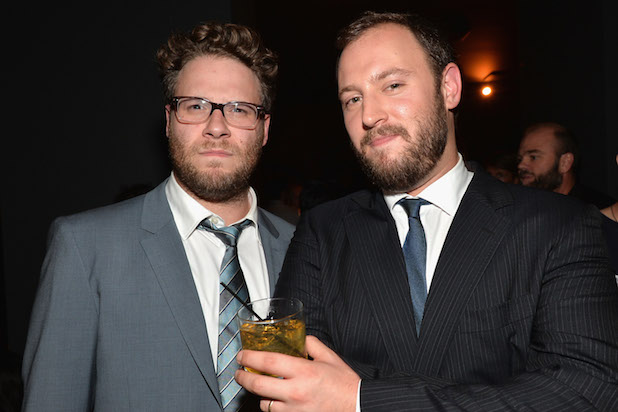
BH: After I connected with Tom Kalinske and started interviewing a bunch of people, I put together a 25 page treatment of what I envisioned the book could be, that was just like an outline that was more for my benefit than anybody else, just to see what the story was and how I was imagining it told.
After I had that, I asked my screenwriting manager if he would send a copy to Seth Rogen’s company. I had met with Seth Rogen’s company before, though never with Seth. I met with a lower level person there. He said, “Sure, let’s send it over there.” I did not have very high hopes that I would ever hear back from someone as successful as Seth Rogen and Evan Goldberg, his partner. They amazingly, it got to them and they really loved it. I went out to meet with them.
We met for a couple of hours and then by the end of that day, they said that they wanted to be involved with producing a feature film, and also producing a documentary for me and my business partner, Jonah Tulis, to direct.
They grew up on Sega, Nintendo, and N64 and playing James Bond, Goldeneye. There was a lot of common ground there. They saw the value in the project like I did, that it was kind of a social network type story, but about video games.
7. If you could only own one Sega Genesis game to pass down to future generations, which one would it be?
BH: My favorite game, the game I like to play over and over the most for the Sega Genesis is NHL ’94.
I’m not even the world’s biggest hockey fan, but I just think that game is pure poetry. I feel relaxed playing it. Probably one of the only video games out there that I’m actually good at.
